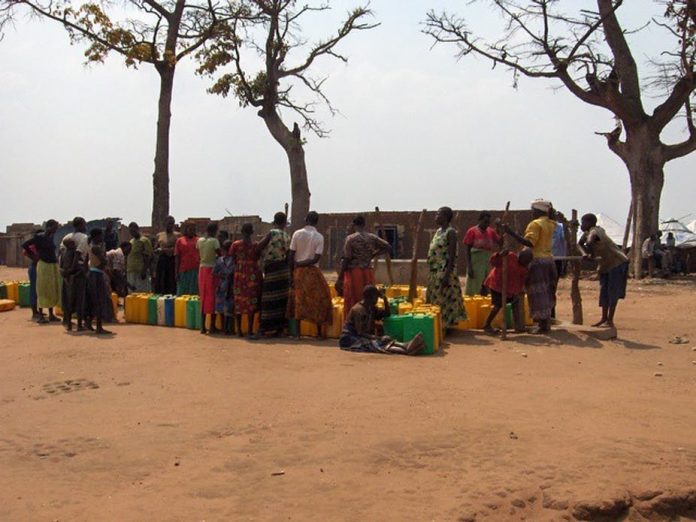Achieving universal and equitable access to safe and affordable drinking water for all by the year 2030 is considered fundamental in attaining the Sustainable Development Goal 6. But about 4 billion people, nearly two-thirds of the population of the world, face severe water scarcity and over 2 billion people live in countries experiencing high water stress.
Water supply is not equitably distributed across the globe. In sub-Saharan Africa, about 40% of the population lacks safe drinking water.
Another dimension of water inequality is gender. A study conducted in 25 sub-Saharan African countries by UNESCO World Water Assessment Programme in 2019 estimated that women spend not less than 16 million hours daily to collect drinking water, whereas their male counterparts spend 6 million hours.
These inequalities are evident in Ghana. About 38% of the population lack access to potable water and there are regional disparities and urban-rural dichotomies in water supply. Discussions about supply have paid little attention, though, to the disproportionate effects of water insecurity on women. Read more…



